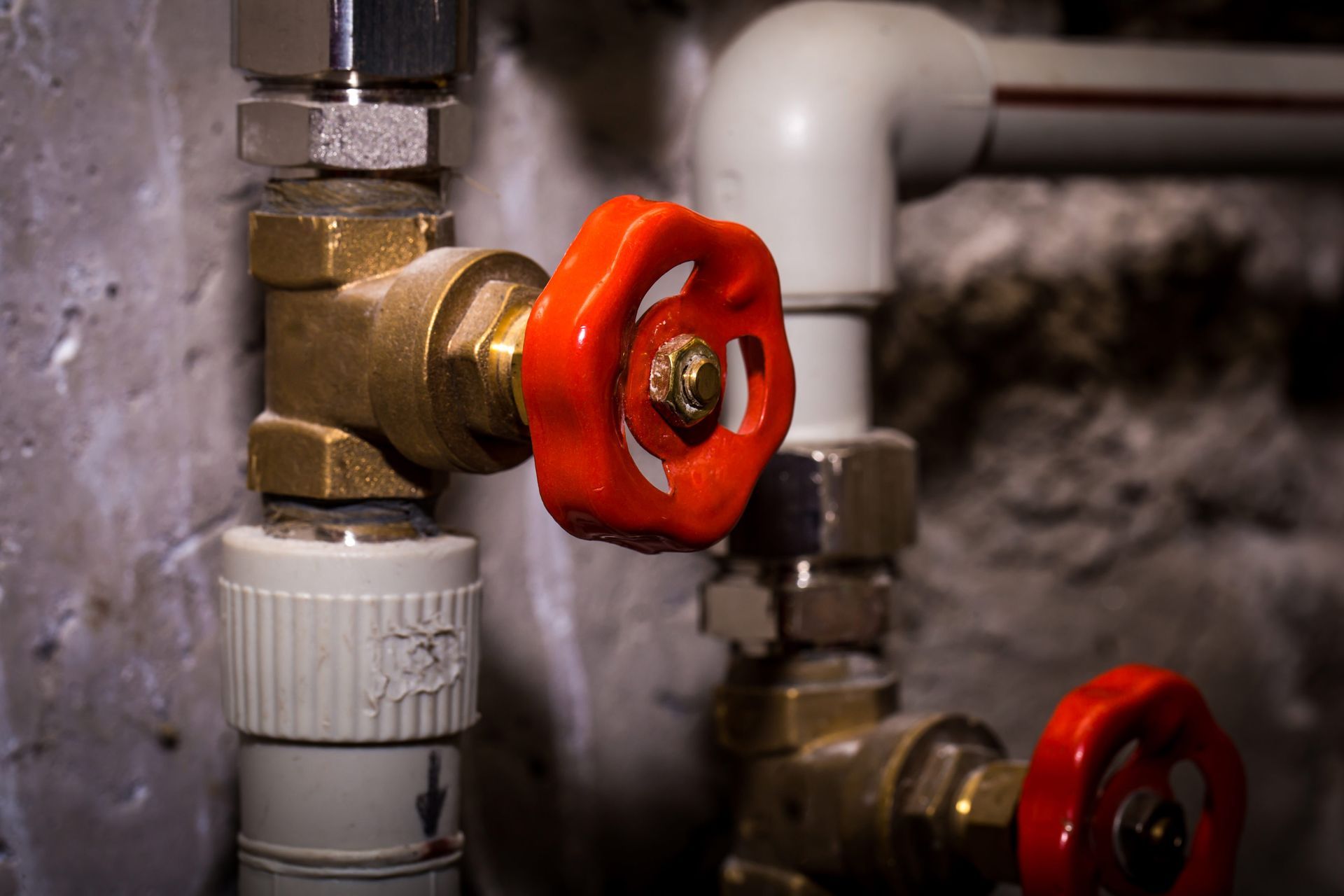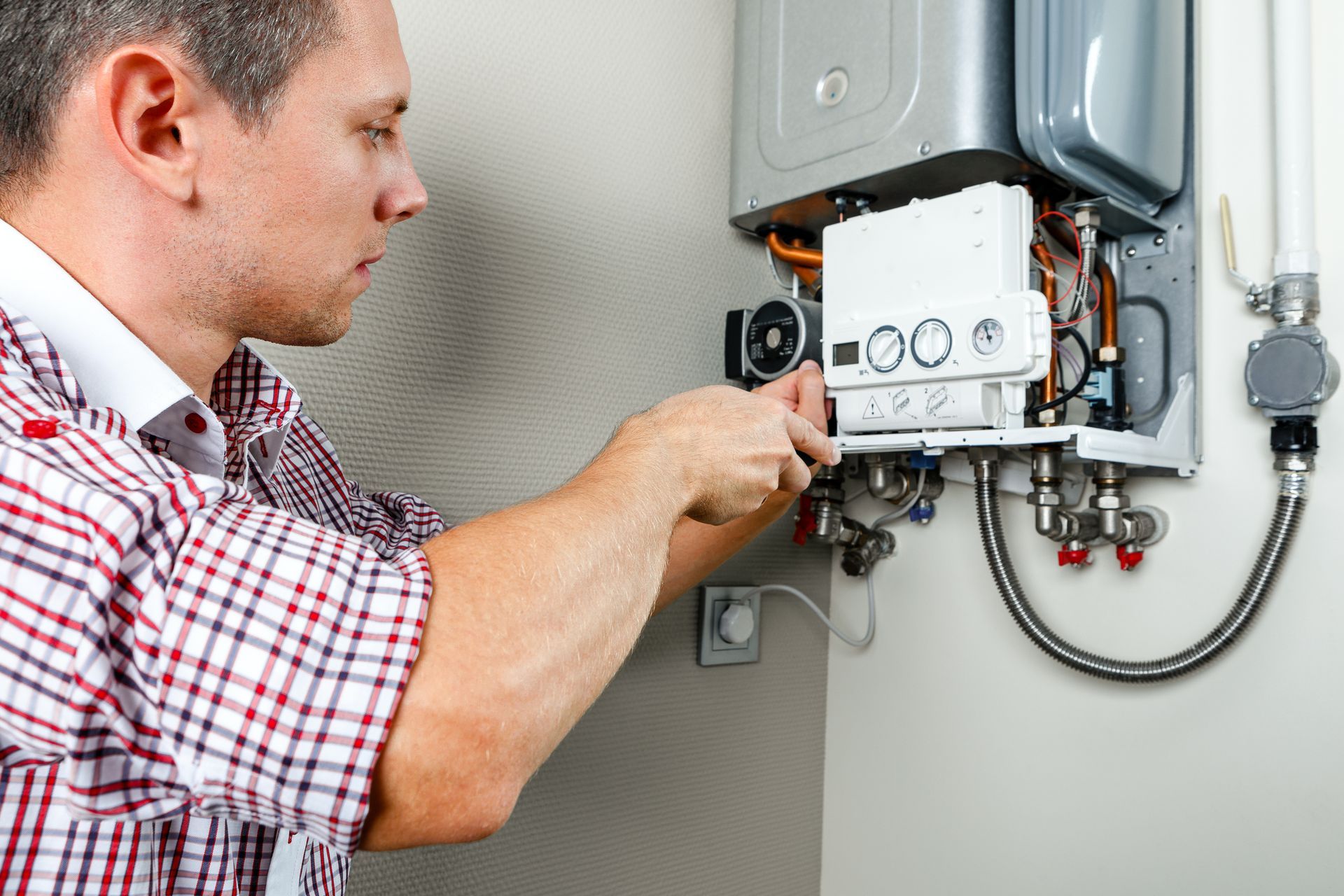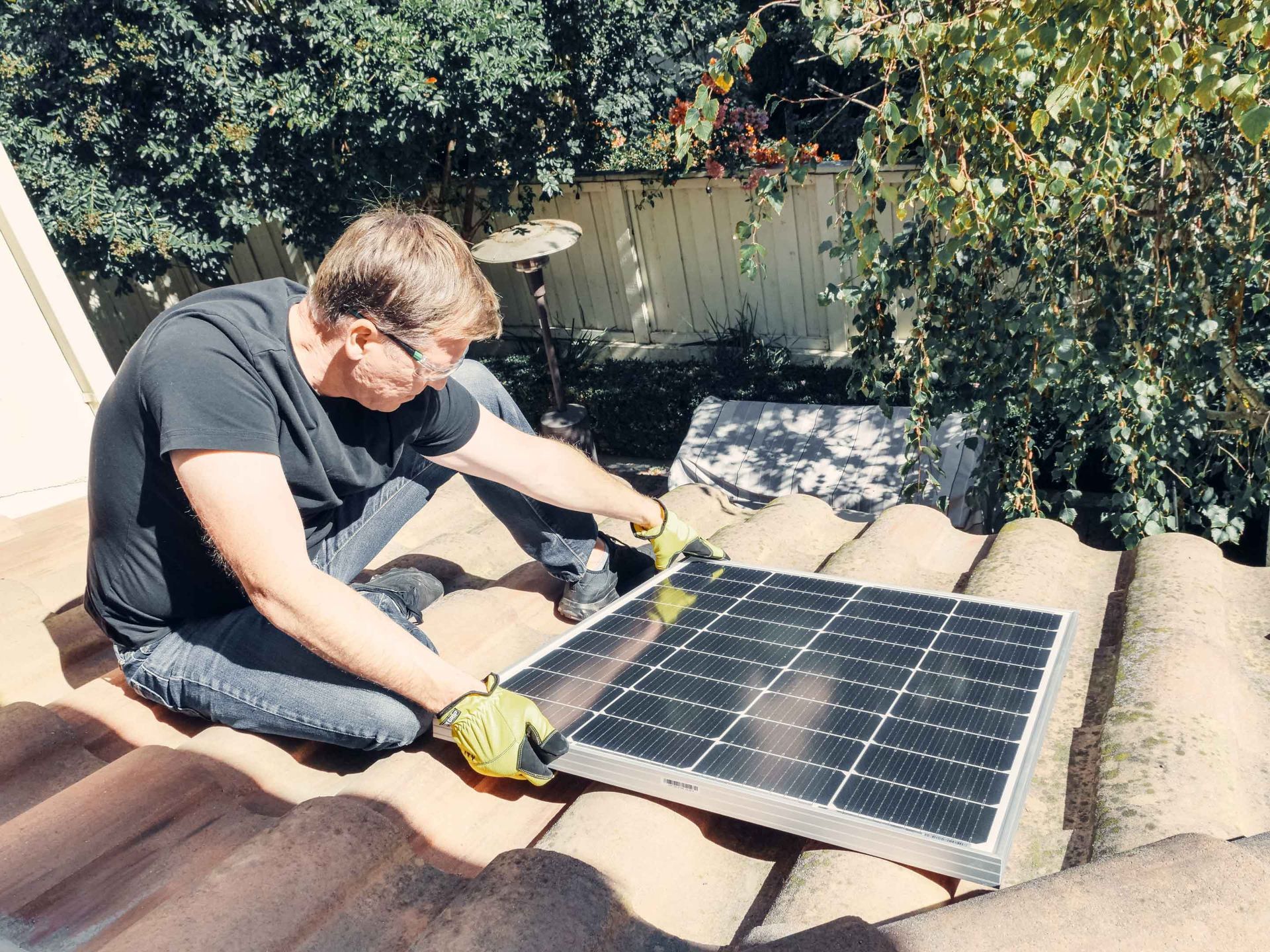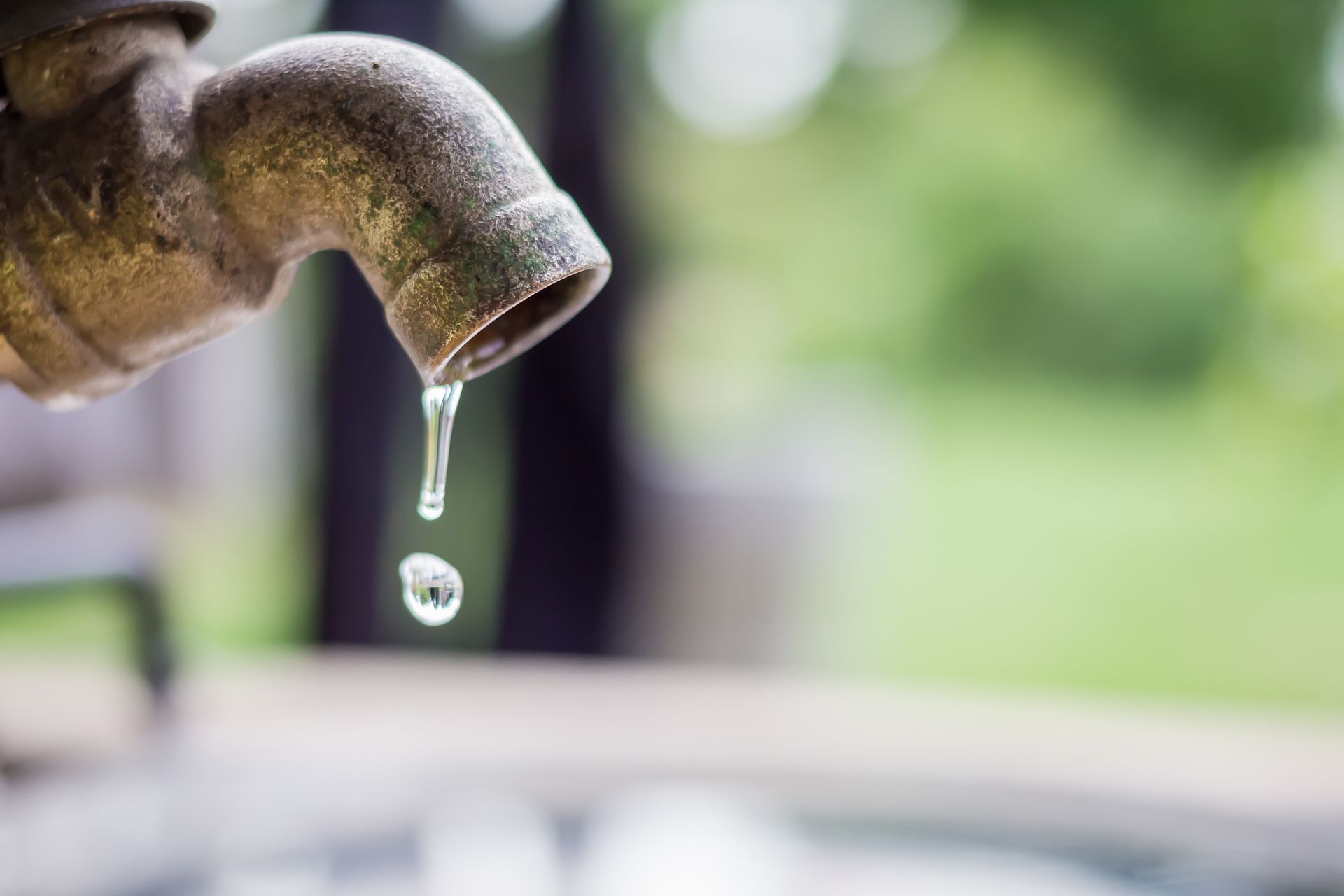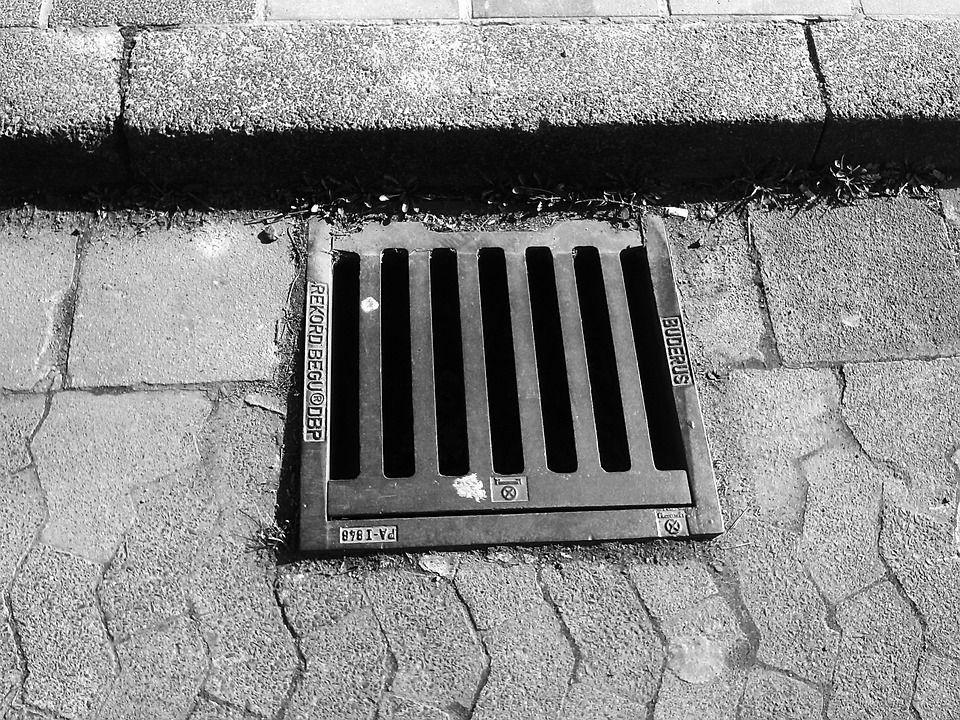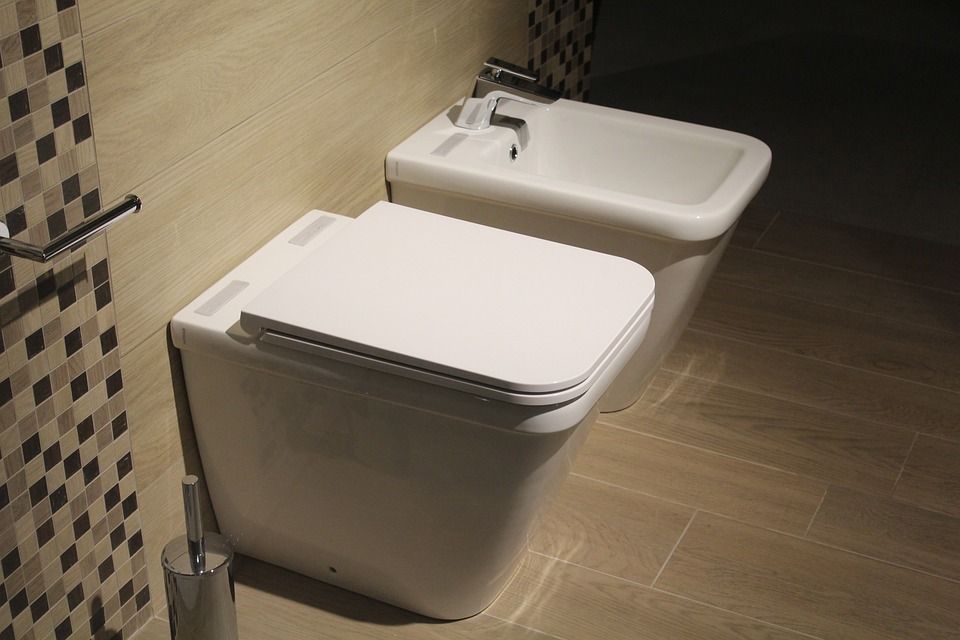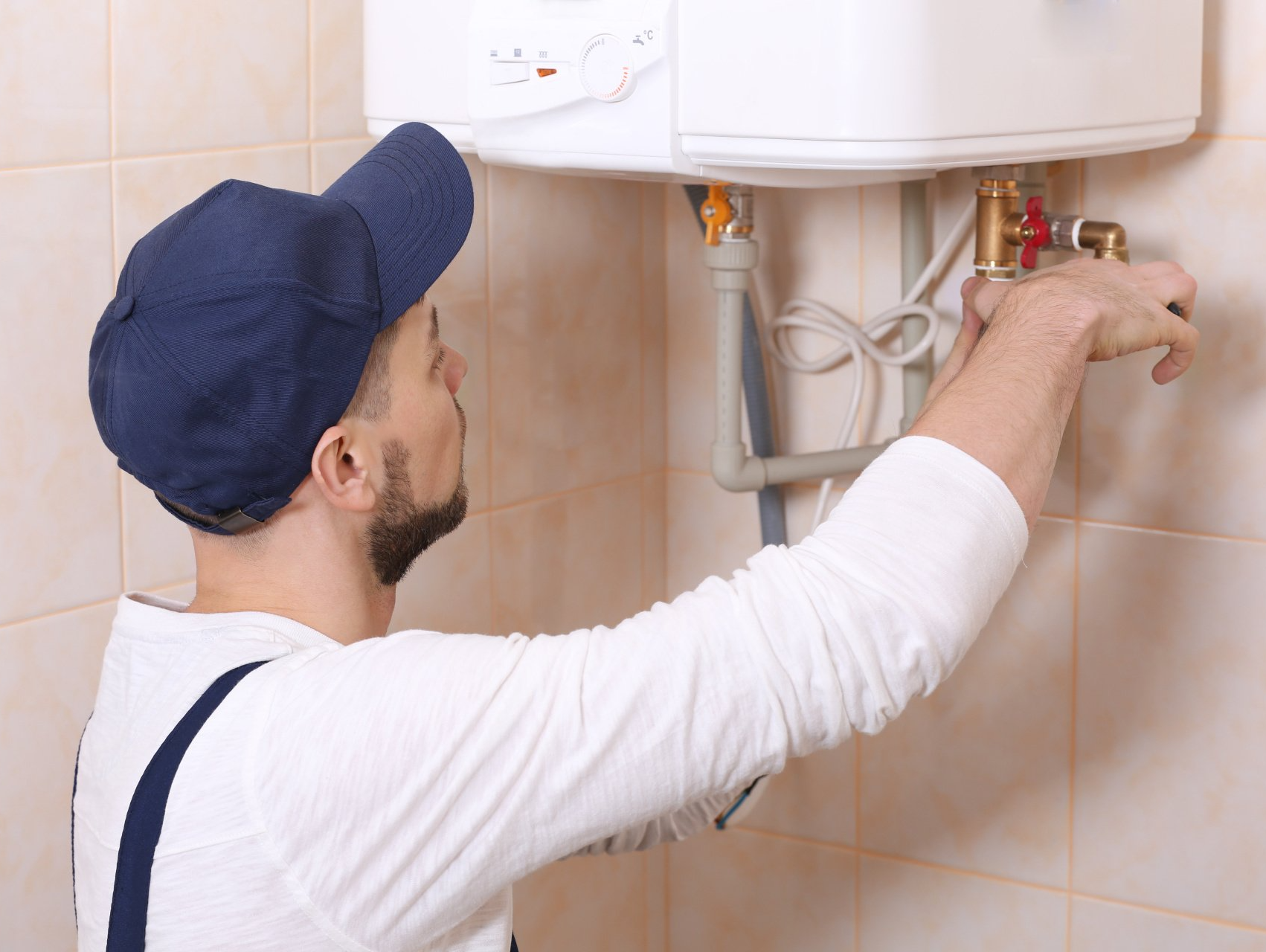Do Plumbers Deal With Gas Lines and Fittings?
Plumbing and gas fitting play vital roles in residential and commercial settings by supplying clean water and safe gas for various everyday activities such as bathing, cooking and heating.
Although they may appear similar as both involve pipework, there are significant differences between plumbing and gas fitting in terms of the materials used, regulations followed, and specialised knowledge required.
So, what happens if you require assistance with installing a new gas stove or if you are encountering issues with your gas system? Should you call a gas fitter or a plumber?
Read this article to learn more about the differences between a gas fitter and a plumber and why it is important to hire a professional gas plumber Blue Mountains to install gas appliances.
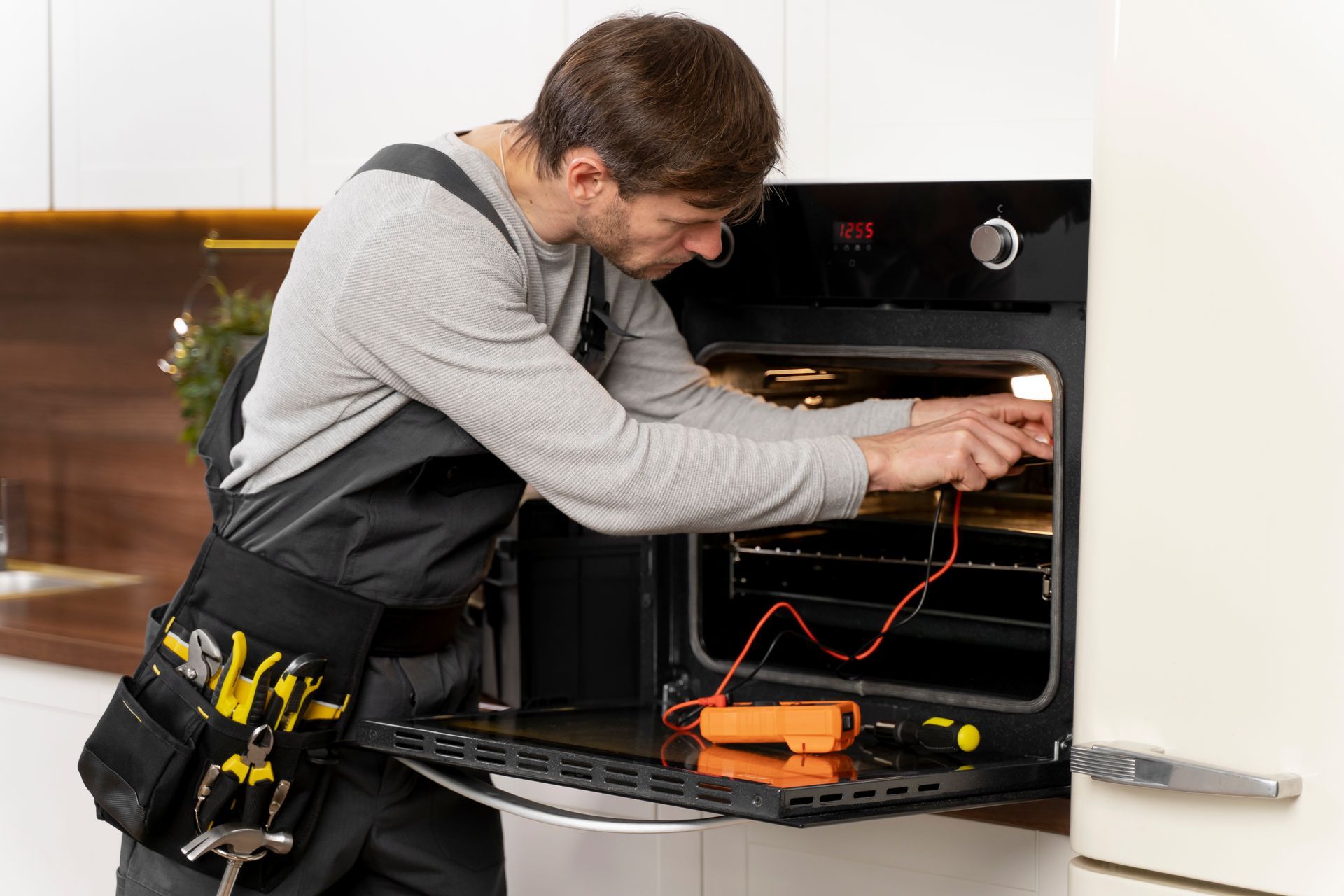
Image by Freepik
Is gas a part of plumbing?
When we hear about plumbing, we often think about the repair, installation, and maintenance of water supply and sewage lines. However, plumbing is not only limited to that as it also involves gas fittings and installing gas stove appliances. Given that water pipes are complex to handle, gas lines are too dangerous to handle as well, which is why it is equally important to have a professional plumber who handles installations and repairs with expertise and skills.
What is the difference between a gas fitter and a plumber?
The primary difference between a gas fitter and a plumber lies in their area of expertise and the scope of work they perform. Read on to know more.
What is a gas fitter?
A gas fitter or also called a gas plumber is a professional who specialises in the installation work, testing, maintenance, and repair of gas lines and gas appliances. Licensed gas fitters work with natural gas, liquefied petroleum gas, and propane systems that are typically used for hot water systems. Not only are qualified gas fitters responsible for ensuring safe installation of gas pipes and lines but they are also trained for locating gas leaks within gas stoves.
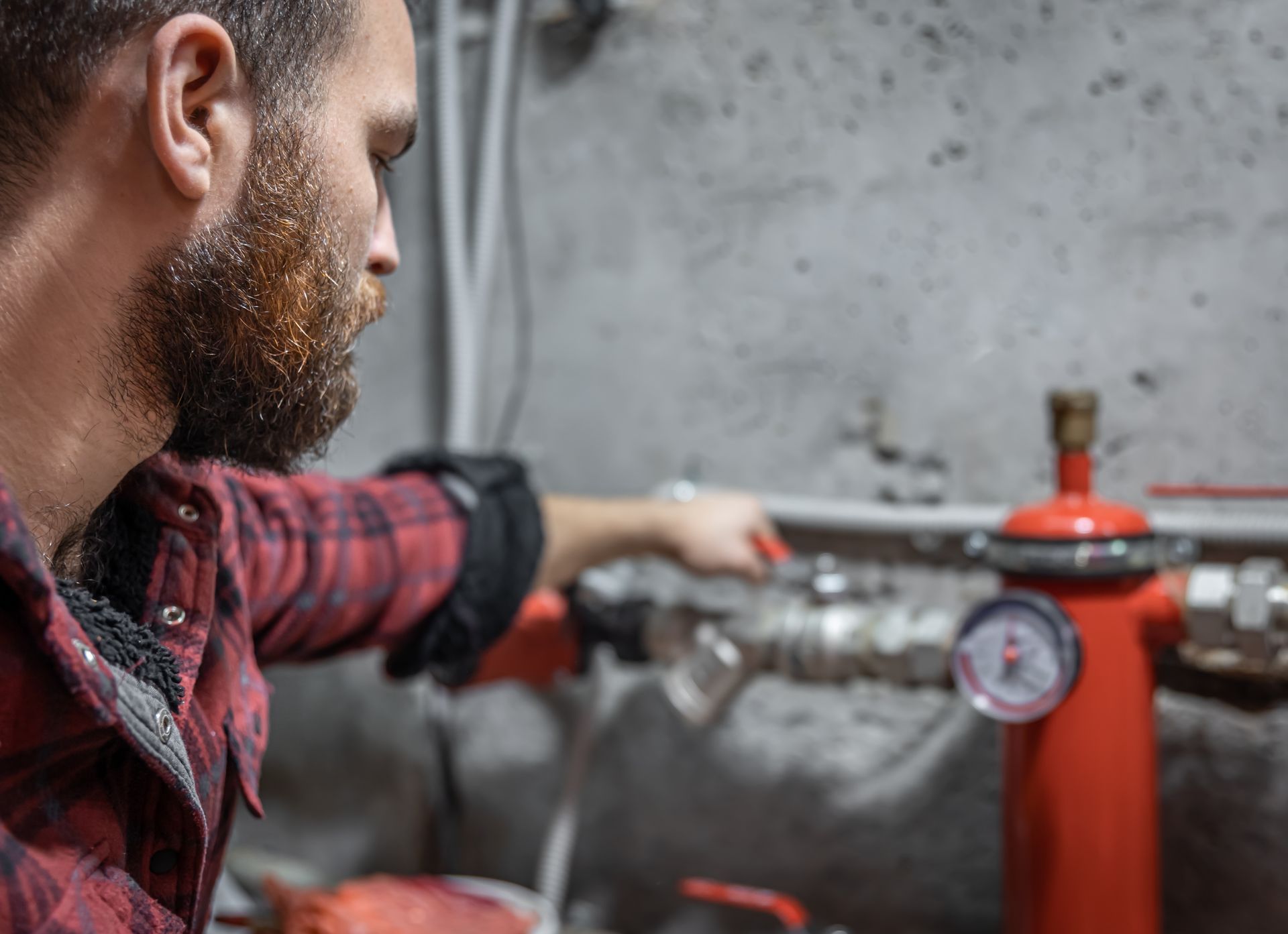
Image by pvproductions on Freepik
When it comes to the installation of new gas lines, only a fully qualified gas fitter can identify any potential hazards and install the necessary equipment under safety standards. However, they are not licensed to handle plumbing work. If you need help with the installation or repair of a gas fitting or a gas appliance, then you should only contact licensed gas fitters to ensure the safety of your home or business.
What does a gas fitter do?
A professional gas fitter basically carries out gas installations, inspections, and repairs of existing gas pipes and gas systems in homes and businesses. While they possess specific skills and LP gas fitting certifications, enabling them to install, maintain, and repair gas lines, appliances, and related equipment, their expertise is solely focused on gas systems, and they might not have the same range of plumbing projects as a general plumber.
Some of the primary responsibilities of licensed gas fitters also include:
- Connecting gas pipes to supply natural gas or propane to residential, commercial, and industrial properties.
- Installing gas systems and gas appliances, such as gas stoves, furnaces, and water heaters
- Performing safety checks and maintenance to ensure efficient operation of gas systems.
- Repairing any leaks or damages to lines and appliances.
- Conducting inspections and tests on gas systems to identify potential hazards and addressing them promptly.
- Upgrading gas systems to meet current safety standards.
- Handling emergencies involving gas leaks and gas appliance malfunction.
- Providing advice on energy efficiency and educating clients on the safe operation and maintenance of their gas systems.
Qualifications of a gas fitter
Individuals who are planning to carry out gas fitting work in Australia are required to secure a licence before they become eligible to provide gas fitting services.
Since the nature of the work involves hazardous materials and components, gas fitters must be familiar with and adhere to the specific requirements of the state or territory they plan to work in. This may involve obtaining a separate license or undergoing different training or certifications to comply with the local rules.
As a general guideline, gas fitters must possess the following qualifications and qualifications:
- A valid trade certificate or diploma in gas fitting.
- An approved safety induction course.
- Certification that demonstrates they have completed a minimum number of hours of practical training relevant to their state or territory.
- Proof of achieving a minimum standard of workmanship in gas fitting.
- Knowledge of the relevant codes and standards for their state or territory.
What is a plumber?
A plumber is a skilled professional who is qualified to work in multiple areas, including water plumbing, gas fitting, roofing, and drainage. Just like gas fitters, plumbers are also allowed to work with fuel and heating gases such as propane and natural gas as well as conduct safe installation and maintenance of gas fitting systems, gas regulators, gas appliances, water heaters, and even gas stove installation. This is because their license clearly indicates their expertise in both plumbing and gas fitting. In terms of the scope of work, licensed plumbers are also more versatile since they are allowed to carry out both plumbing and gas fitting work.
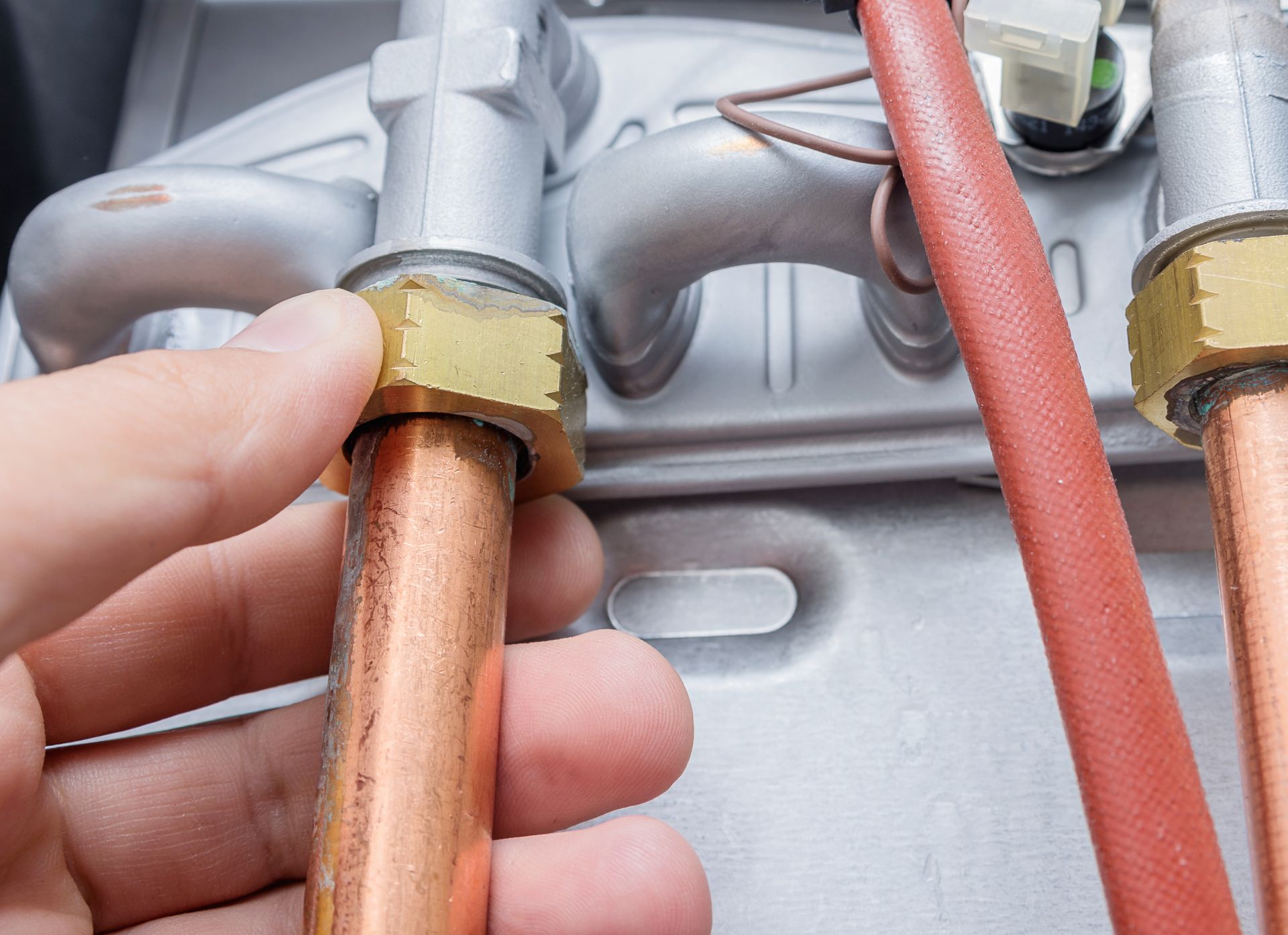
What does a plumber do?
Aside from plumbing work, plumbers are also responsible for ensuring the safety of the entire gas system. In line with this, plumbers must be familiar with the different types of gas fittings and safety protocols, as well as have the ability to detect potential issues before they occur.
When it comes to gas plumbing services, plumbers are skilled in installing gas tanks, connecting them to gas mains, and establishing gas plumbing systems for residential and commercial properties. Not only that, but gas plumbers are also responsible for repairing and maintaining gas lines so they can detect a gas leak and take corrective measures before they lead to a disaster.
The responsibilities of a qualified plumber may also include:
- Installing and repairing water pipes for both supply and drainage systems.
- Addressing issues such as leaks, clogs, and other plumbing fixture problems like toilets, sinks, and showers.
- Installing and repairing various types of water heaters, including tankless and traditional models.
- Conducting inspections and performing maintenance on plumbing systems to ensure proper functionality.
Qualifications of a plumber
Due to the safety risks associated with gas, plumbers are required to undergo apprenticeships, and pass competency exams to ensure their proficiency before they can work with a gas line and install gas appliances independently.
On top of that, they must also be licensed by the local authority to work with gas in order to ensure that they are familiar with all regulations, safety protocols, and best practices. In addition, some gas plumbers may also have to undergo specialised training to become certified professionals to handle more complex gas systems that require greater expertise and precision.
Why hire a plumber for gas stove installation?
When it comes to heating efficiency, a gas stove is undeniably better than an electric stove. However, when this appliance is improperly installed or not adequately maintained, it can cause extremely dangerous gas leaks. Due to the variety of risks that come with installing gas stoves and other gas appliances such as ovens, gas cooktop and hot water systems, not all plumbers are allowed to do the job.
Hence, if you are looking to hire the right plumber for your needs, there are a few things that you should consider.
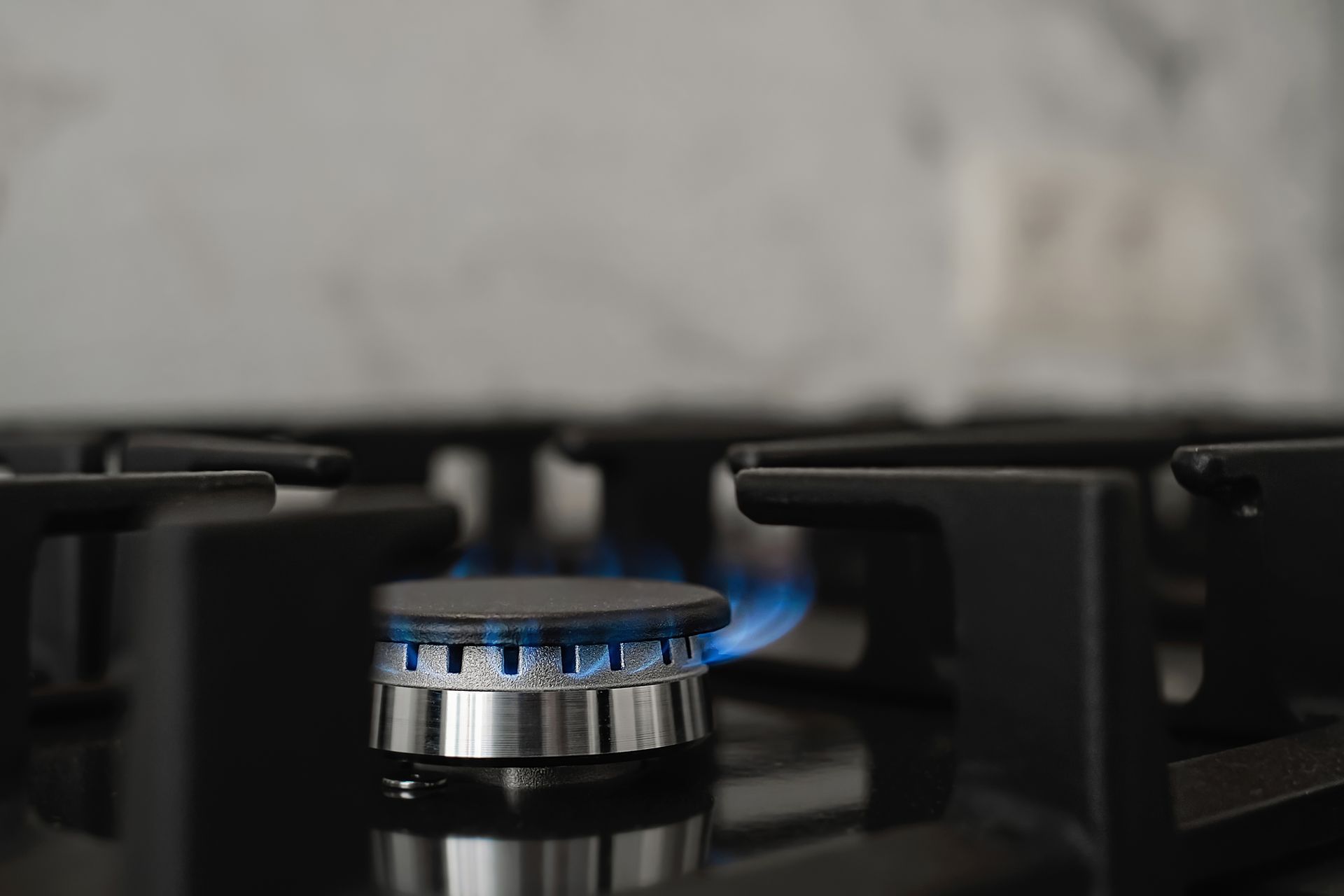
Image by ededchechine on Freepik
Licensing
Gas plumbers must hold a license to ensure that they have the knowledge and training needed to work safely with a gas stove. Not only that, but a license will also help you apply for insurance in case a gas leak occurs.
Experience
When hiring someone to work with your gas system, the experience level of a plumber matters. Professional plumbers are equipped with the knowledge, skills, and tools you need for a successful gas stove installation. They know exactly where and how to install your gas stove so you don't end up with a botched job and encounter problems in the future.
Safety
The main reason why you want your gas stove installed by professional plumbers is to guarantee safety. Gas stove installation can potentially pose some kind of risk when not handled properly. So to avoid such dangerous occurrences, it is better to look for an experienced plumber to ensure that the work is done correctly and in compliance with the safety standards.
Reputation
Hiring a plumber may seem daunting if you don't have an idea who to call. Ask for recommendations from your family or friends before making a decision. You can also look online for reputable plumbing companies to help you find the right plumbing and gas fitting service for your needs.
Takeaway
While it can be tempting to fix a gas leak or install your gas stove on your own, it might just be one of the worst decisions you can ever make. Dealing with hazardous gas operations should never be an option no matter how easy you think it is.
You might think that you can save a couple of dollars or make the job faster but improperly handled gas operations can be destructive and even lead to fatalities. As such, make sure to hire a qualified gas plumber who has the license, skills, knowledge, and experience to do the job right. With proper knowledge about plumbing and gas safety standards, you can be confident that your job is done properly and safely, without putting yourself or anyone else in danger.


